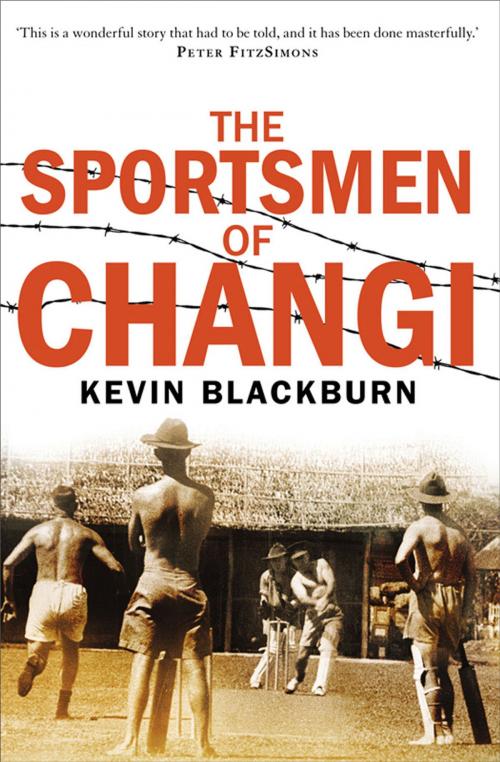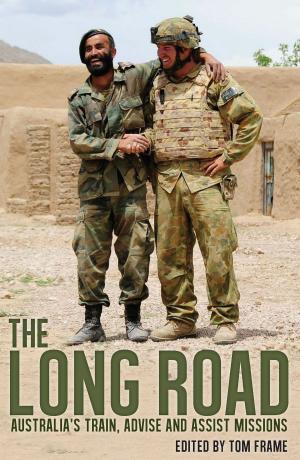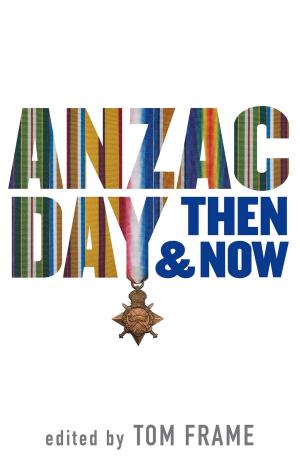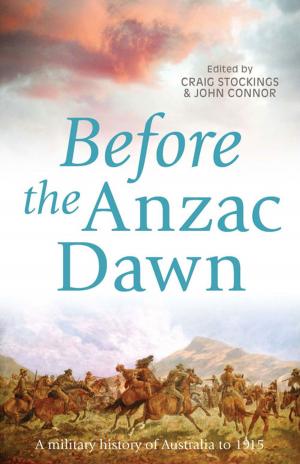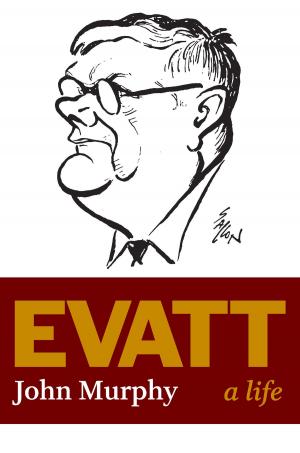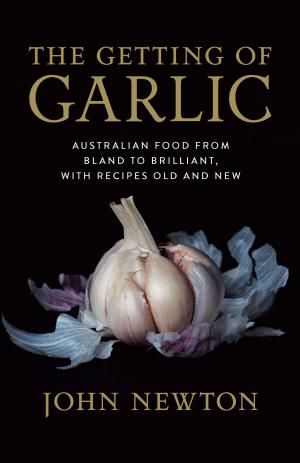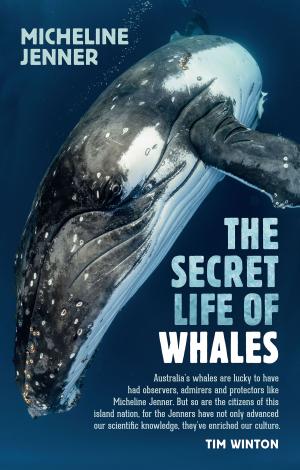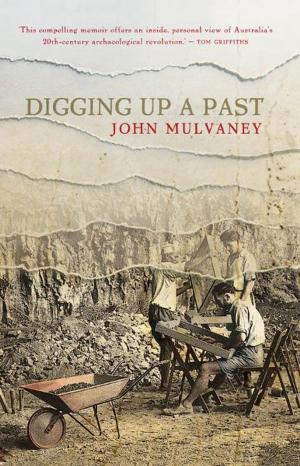| Author: | Kevin Blackburn | ISBN: | 9781742241005 |
| Publisher: | University of New South Wales Press | Publication: | February 1, 2012 |
| Imprint: | University of New South Wales Press | Language: | English |
| Author: | Kevin Blackburn |
| ISBN: | 9781742241005 |
| Publisher: | University of New South Wales Press |
| Publication: | February 1, 2012 |
| Imprint: | University of New South Wales Press |
| Language: | English |
Australian prisoners of war playing sport, at times with their captors, does not fit the picture embedded in the popular imagination of horror and suffering in Japanese POW camps during WWII. But incredibly, sport flourished amidst the hellish conditions in these camps. The Sportsmen of Changi is a moving account of diggers for whom sport was not just a means to boost morale and an escape from a dreadful reality, but a way of feeling human in the face of inhuman suffering. Captives played Aussie Rules football at the infamous Changi Prison, and tennis on the Burmese side of the Burma-Thailand Railway. They played soccer, cricket, baseball or basketball and sometimes their prison guards even joined in for a game. And there were many elite sportsmen in these ranks who were intent on reviving their sporting careers after returning home at war’s end. What did sports in captivity mean to these soldiers? Did it prove that they were still tough fighting men despite defeat? Or was it their one link to normalcy, a poignant attempt to instil order in a maelstrom of humiliation, disease, violence and despair? The Sportsmen of Changi considers these questions with clarity, delving into the diaries of prisoners and other historical evidence overlooked until now.
Australian prisoners of war playing sport, at times with their captors, does not fit the picture embedded in the popular imagination of horror and suffering in Japanese POW camps during WWII. But incredibly, sport flourished amidst the hellish conditions in these camps. The Sportsmen of Changi is a moving account of diggers for whom sport was not just a means to boost morale and an escape from a dreadful reality, but a way of feeling human in the face of inhuman suffering. Captives played Aussie Rules football at the infamous Changi Prison, and tennis on the Burmese side of the Burma-Thailand Railway. They played soccer, cricket, baseball or basketball and sometimes their prison guards even joined in for a game. And there were many elite sportsmen in these ranks who were intent on reviving their sporting careers after returning home at war’s end. What did sports in captivity mean to these soldiers? Did it prove that they were still tough fighting men despite defeat? Or was it their one link to normalcy, a poignant attempt to instil order in a maelstrom of humiliation, disease, violence and despair? The Sportsmen of Changi considers these questions with clarity, delving into the diaries of prisoners and other historical evidence overlooked until now.
